From Winston Churchill to Simon Sinek, we know the great motivational power of confidently stating the “WHY”. More and more organizations are keeping tabs on the bold sustainability goals that a number of corporations have claimed for 2020. I am wondering if those firms had the benefit of 20/20 vision since it seems likely that only a few of them will meet these goals if they were credibly measured or audited. Will these become sources of public embarrassment for corporate leaders?
In our ever more transparent age of data and information no leader accepts half-truths and shoddy data as the basis of their sustainability programs. The tendency toward bold or wishful claims illustrates a worrisome lack of understanding about what their sustainability programs actually require or, worse, a callous expectation that the marketing department will sort it out in 2020.

Fortunately some firms and even NGOs are galvanizing their efforts around transparent and commonly accepted science-based metrics. These are, quite simply, becoming a prerequisite – whether you want to reduce carbon emissions or optimize your investments in farmers.
Real data that constantly flows to all key points of sourcing and supply allows for better decisions and quicker course-corrections to meet organizational goals. This core principle needs to be more integrated into sustainability programs. Whether in cocoa or tea, in resilience or climate-smart agriculture, and even in the world of impact investing, the common bond of credibility is metrics that are science-based and globally vetted. Featured below are some of the diverse ways this applies across a wide spectrum of work.
With warm regards,

Daniele Giovannucci
President
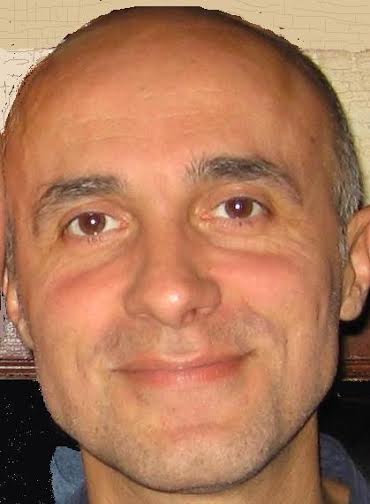
Can ‘data democracy’ drive radical improvement in the cocoa sector?
“No more business as usual!” declared Dr. Jean-Marc Anga, Executive Director of the International Cocoa Organization (ICCO) at the cocoa world’s pre-eminent event held every two years. The Berlin Declaration, emerging from the conference, sounded a wake-up call for the industry. It acknowledges that recent efforts to drive cocoa sustainability have barely made an impact. More
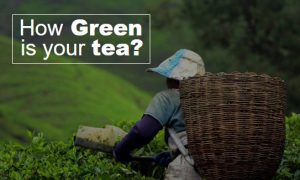
How Green is Your Tea?
COSA convened internationally renowned tea experts to build a simple and comparable sustainability measurement framework. This marks a first important step toward creating a comprehensive set of indicators that grasps the core issues of tea… More…
A marriage of necessity: is resilience really vital for sustainability?
How do we disentangle resilience from sustainability in order to measure and compare them? In two issue briefs (of a three-part series), COSA’s Elena Serfilippi, Ph.D., explores first the linkage between resilience indicators and SDG sustainability targets, and then follows up to explain the differences and similarities between resilience measurement and common sustainability frameworks. More…
Respectfully yours: For better research, think of the farmer first
The Massachusetts Institute of Technology (MIT) D-Lab recently released best practices in research. This innovativeLean Research Field Guide captures useful insights from around the world. COSA, as part of the working group that included Sustainable Food Lab and others, contributed a number of unique… More
What brought COSA into being? In a recent interview with the Global Coffee Report, a leading industry publication, president Daniele Giovannucci shares the very personal reasons that led to co-founding COSA. More…
Learn from Leading Practitioners in Sustainability
There are several new additions to the COSA Webinar Series
- Sustainability leaders from world-leading companies Mars Incoporated, Mondelez International, and AB In-Bev, join COSA’s President to reveal how they see the cutting-edge application of technology to achieve sustainability. The session is hosted by the Innovation Forum. COSA illustrates how companies need to learn to apply sustainable processes.
- The D-Lab at MIT hosted the first introduction to the Lean Research Field Guide with the Sustainable Food Lab. President Daniele Giovannucci joined colleagues from University of Michigan, Root Capital, and Rikolto to highlight the key facets of a Lean Research Strategy.
- In September 2018, the Global Coffee Platform and COSA will host an hour-long webinar on climate-smart agriculture investments.


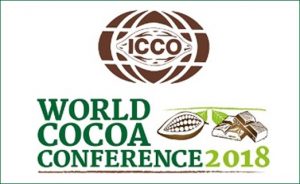
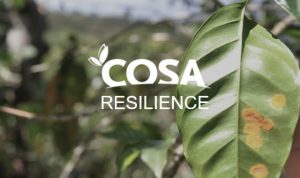
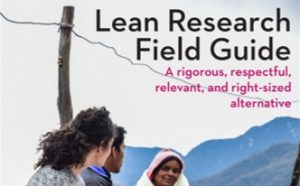




Leave A Comment